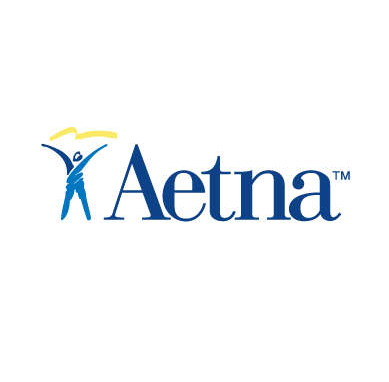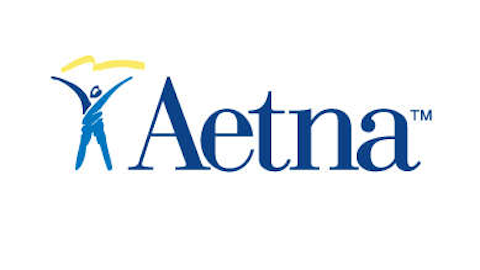The Affordable Care Act has promised that everyone will have individual health insurance. Even with universal coverage, however, millions of Americans are worried about what their insurance policies will look like after Obamacare fully takes effect and whether the coverage those policies will provide will be better than what many of them already have.

Right now, it’s not entirely clear what Obamacare-provided policies will look like. But early signs point to a few likely conclusions about how health insurance will change.
1. If you get your insurance outside of work, Obamacare policies are likely to include more benefits.
One likely outcome of the Affordable Care Act is that health insurance plans will have to provide more comprehensive coverage than they do currently. A 2012 study from researchers at the University of Chicago found that among the roughly 14 million Americans who have individual health coverage rather than group coverage through an employer or other organization, more than half of those plans didn’t provide enough benefits to qualify under Obamacare’s standards. The fact that health insurance companies won’t be able to offer such plans was part of why shares of UnitedHealth Group Inc. (NYSE:UNH), WellPoint, Inc. (NYSE:WLP), and Aetna Inc. (NYSE:AET) — all of which offer individual health plans as part of their overall product lines — initially fell when Obamacare became law and was later upheld.

Source: White House.
Under Obamacare, those substandard plans will be replaced by newer coverage. They’re likely to come with higher premiums, especially for those plans that provided much more limited benefits than will be required under the new law. Whether better benefits will provide enough of an offset to result in lower overall costs will vary from person to person and across different policies. People who have minimal health expenses will likely end up paying more overall, while those who use their health benefits more often could see cost savings under Obamacare plans.
2. Those covered under employer-provided plans already have generally strong coverage.
The same study also examined people covered under group plans, typically through their employer. The differences in quality were staggering. The study authors divided different insurance policies into tiers based on how much of a patient’s medical bills each policy would cover. In group plans, almost two-thirds of members had policies that covered 80% or more of their costs, compared to just 2% of those who had to get their coverage individually. Moreover, thanks to employer contributions, those in group plans paid less than half what individual-plan members paid in out-of-pocket costs.
3. Whether employers will continue providing coverage will depend greatly on how health insurance exchanges look.
Despite fears of widespread employer abandonment of group health-insurance coverage, the 2012 National Survey of Employer-Sponsored Health Plans from HR consulting firm Mercer found that very few employers plan to cancel their health-insurance benefits after Obamacare takes full effect. But smaller employers were much more likely to say they would cut coverage, with 16% of employers with fewer than 500 employees planning health-plan cuts compared to just 6% of employers with 500 or more workers.
For many, the decision may well hinge on what the individual and small-business health-insurance exchanges under Obamacare end up looking like. States have the choice to run their own exchanges, but if they don’t, the federal government will have exchanges to cover their residents. With an anticipated timeline for open enrollment in the exchanges of Oct. 1, 2013, it should be much clearer in the near future whether it will make sense for employers to drop coverage even in the face of penalties for some businesses that drop their plans, as well as the loss of tax credits that some eligible businesses will get for providing coverage.
Waiting for the details
Unfortunately, there’s still a lot up in the air about how Obamacare will work, especially as different states go through different processes for figuring out what they will offer their citizens under the law. Clearly, some people will get far better health insurance coverage under Obamacare than they do now. That’s one reason that share prices of hospital operators Health Management Associates Inc (NYSE:HMA) and HCA Holdings Inc (NYSE:HCA) have done so well, as costs for the previously uninsured are moved off their books and added to the burden that health insurers and their customers bear. But it’s extremely likely that some people will end up paying more than they do now for coverage they’d be just as happy to keep if they could.
The article Will Obamacare Really Give You Better Health Insurance? originally appeared on Fool.com and is written by Dan Caplinger.
Fool contributor Dan Caplinger has no position in any stocks mentioned. You can follow him on Twitter @DanCaplinger. The Motley Fool recommends UnitedHealth Group (NYSE:UNH) and WellPoint. The Motley Fool owns shares of WellPoint.
Copyright © 1995 – 2013 The Motley Fool, LLC. All rights reserved. The Motley Fool has a disclosure policy.

